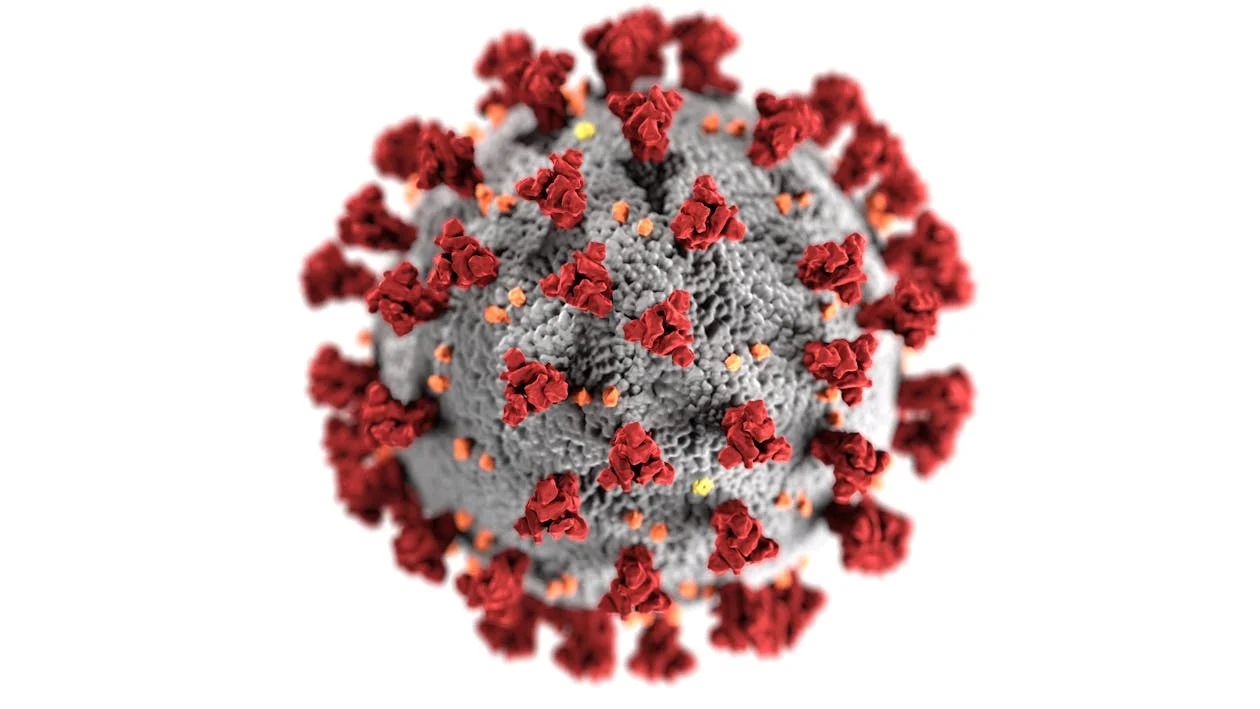
WHO updates influenza care guidelines
Sep 14, 2024
Geneva [Switzerland], September 14: WHO has updated its guidelines for the care of patients with influenza. The guidelines are designed primarily for health care providers who manage patients with influenza virus infection, and will also serve as a reference source for policymakers and others in efforts towards epidemic and pandemic preparedness.
Influenza is a viral disease. Seasonal influenza is common in all parts of the world. It is estimated that there are around a billion cases of seasonal influenza annually, including 3-5 million cases of severe respiratory illness. An estimated 290, 000-650, 000 deaths each year are due to seasonal influenza related respiratory disease, in addition to the deaths related to other influenza-related complications.
Along with seasonal influenza viruses, animal influenza viruses - most commonly avian and swine influenza viruses - can occasionally infect humans. They can cause disease ranging from mild conjunctivitis to severe pneumonia and even death. Current animal influenza viruses have not shown the capacity to transmit from person to person, but do pose a pandemic threat for the future.
These guidelines provide recommendations on the use of antiviral medications, and other treatments such as steroids for immune system regulation. This update applies to patients with seasonal influenza viruses, potential pandemic influenza viruses, and new influenza type A viruses that are known to cause severe illness in infected humans.
A Guideline Development Group of content experts, clinicians, patients, ethicists and methodologists analysed available data and produced these recommendations following standards for trustworthy guideline development using the Grading of Recommendations Assessment, Development and Evaluation (GRADE) approach.
The recommendations form part of WHO's response to influenza, which includes the work of the Global Influenza Surveillance and Response System (GISRS), and the Pandemic Influenza Preparedness (PIP) framework which addresses gaps in access to effective medical therapies and other tools.
Source: Emirates News Agency






